The value of luxury fashion, thriving theatre in Beirut, Buenos Aires’s urban transformation and hotelier Izak Senbahar.
|
Monday 5/5/25
|

|
|
London
Paris
Zürich
Milan
Bangkok
Tokyo
Toronto
|
|
|
|

Good morning from Midori House and happy Greenery Day to those in Japan. For more news and views, tune in to Monocle Radio. Here’s what’s coming up in today’s Monocle Minute:
THE OPINION: An uplift for Boeing
FASHION: Adding value to luxury labels
IN PRINT: The Beirut theatre inspiring optimism for the future
URBANISM: Buenos Aires’s colourful new neighbourhood
Q&A: The Mark Hotel owner Izak Senbahar
|
|
Boeing’s new CEO is cause for cautious optimism amid turbulence in the industry
By Gregory Scruggs
|

|
Boeing has finally had a good month. On the eve of April’s annual shareholder meeting, the aerospace giant beat investor expectations with a reported $300m (€265.9m) of losses in the first quarter and quickly earned a stock upgrade by market analysts. Not turning a profit isn’t usually something to brag about but the numbers are a vast improvement on the combined $10bn (€8.86bn) in losses in the second half of 2024.
Boeing’s new CEO, Kelly Ortberg, has expressed optimism about the company’s recovery, declaring it to be in “full swing.” On 28 April, the manufacturer announced an agreement with rival Airbus to take assets from aviation parts supplier Spirit AeroSystems. The move will bring Boeing’s supply chain in house, assuring quality control on parts such as door plugs. Last year the door plug on a Boeing 737 Max blew out in mid-air and machinists went on a 53-day strike.
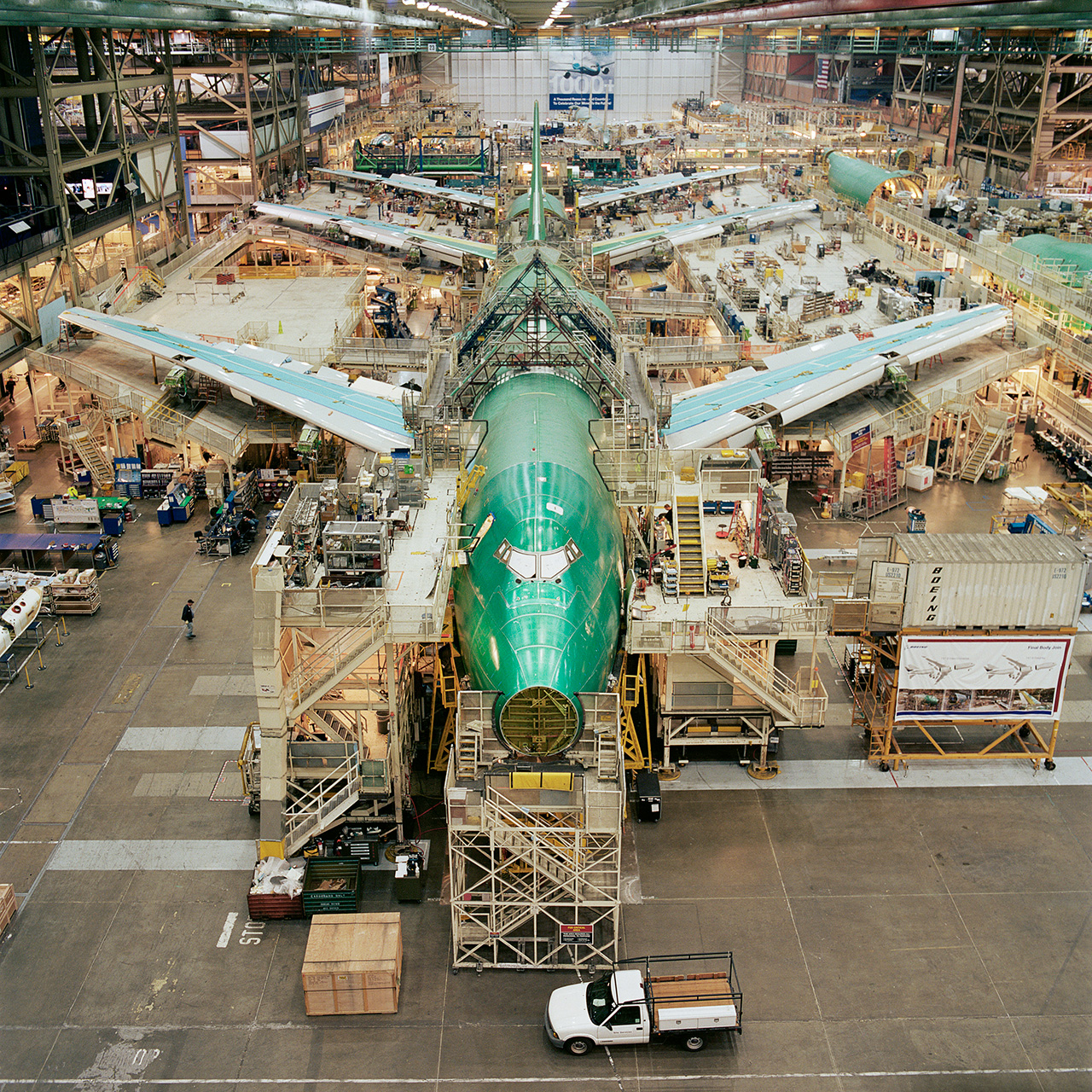
Shooting for the sky: Boeing’s rebuild is under way
For Ortberg, one of the most important factors in turning Boeing’s fortunes around might just be his address. He is something that his predecessors were not: a Washington state resident. In September, he purchased a $4.1m (€3.6m) home in a prestigious Seattle neighbourhood. It was an important signal that Ortberg was casting his lot with the engineers who make Boeing planes, rather than the executives in Virginia who have overseen the company’s tailspin.
Since taking over in August, Ortberg has been visiting production lines across Seattle in a bid to figure out what has gone so horribly wrong for the company. Some nine months into the job, Ortberg claims to have found solutions to issues such as mechanical flaws and the high cost of fixed-price defence contracts, including the Air Force One programme. Donald Trump’s trade war with China has also negatively affected the manufacturer, after jets intended for Xiamen Airlines were returned to the US.
Though many analysts expect Airbus to dominate the aviation industry over the next decade, there are still bright spots for Boeing, including the launch of its long-delayed 777X model in 2026. Ortberg, a mechanical engineer by training, also has plans to create a new type of commercial jet rather than redesign an older model. This is the type of project that could make Boeing a dynamic, attractive workplace for the next generation of aerospace engineers. Ortberg’s job in the cockpit is to stabilise Boeing long enough to get there.
Scruggs is Monocle’s Seattle correspondent. For more opinion, analysis and insight, subscribe to Monocle today.
|
|
fashion: italy
For luxury labels to succeed, they need to focus less on price and more on value
Claudio Marenzi, president of Italian luxury brand Herno, travelled to London last week to host a conversation at the Italian embassy about the country’s fashion and manufacturing sectors (writes Natalie Theodosi). Marenzi has overseen the transformation of the Herno business from manufacturer to fashion label. Today it is best known for material innovation and high-performance outerwear. He takes the long view when it comes to the hurdles that the luxury industry is currently facing. “Tariffs aren’t new,” he says, explaining that luxury fashion will be among the least affected sectors. For Marenzi, the market slowdown has more to do with big groups “focusing too much on the balance sheet” – without adding value for the customer.

Well suited: Claudio Marenzi
“People can no longer find a balance between price and value,” he says, adding that higher price points usually cover the costs of new shop openings and over-the-top events. “That’s when spending money to dress yourself is no longer fashionable. It becomes an ethical rather than a financial issue.” His advice for fellow fashion entrepreneurs? Keep your margins between a healthy 15 to 25 per cent; avoid the temptation to inflate them to 35 per cent like some luxury houses have done; and return the business focus to artisanal quality. “We reflect the soul of the people who make our garments,” he says. “This means that we constantly need to explain our story but we also make products that no one else can replicate.”
|
|
Eurostar  MONOCLE MONOCLE
|
|
In print: lebanon
The Beirut theatre inspiring future generations to take centre stage
Lebanon’s cultural institutions have long existed in a hostile environment. Historically, artistic production in the country has not been supported by European-style public-sector sponsorship. Yet Beirut’s arts institutions persevere. For Monocle’s May issue, we visited three cultural spots with an unshakeable belief in the power of culture in times of crisis.
Hisham Jaber’s flat overlooks Beirut’s derelict Holiday Inn, which was ruined during Lebanon’s civil war a few months after it opened in 1974. Through its gaping windows, the Mediterranean is clearly visible. “There will be peace, it seems,” says Jaber. “We’ve faced many problems over these past 13 years but we now have a clearer vision of what we should do.”
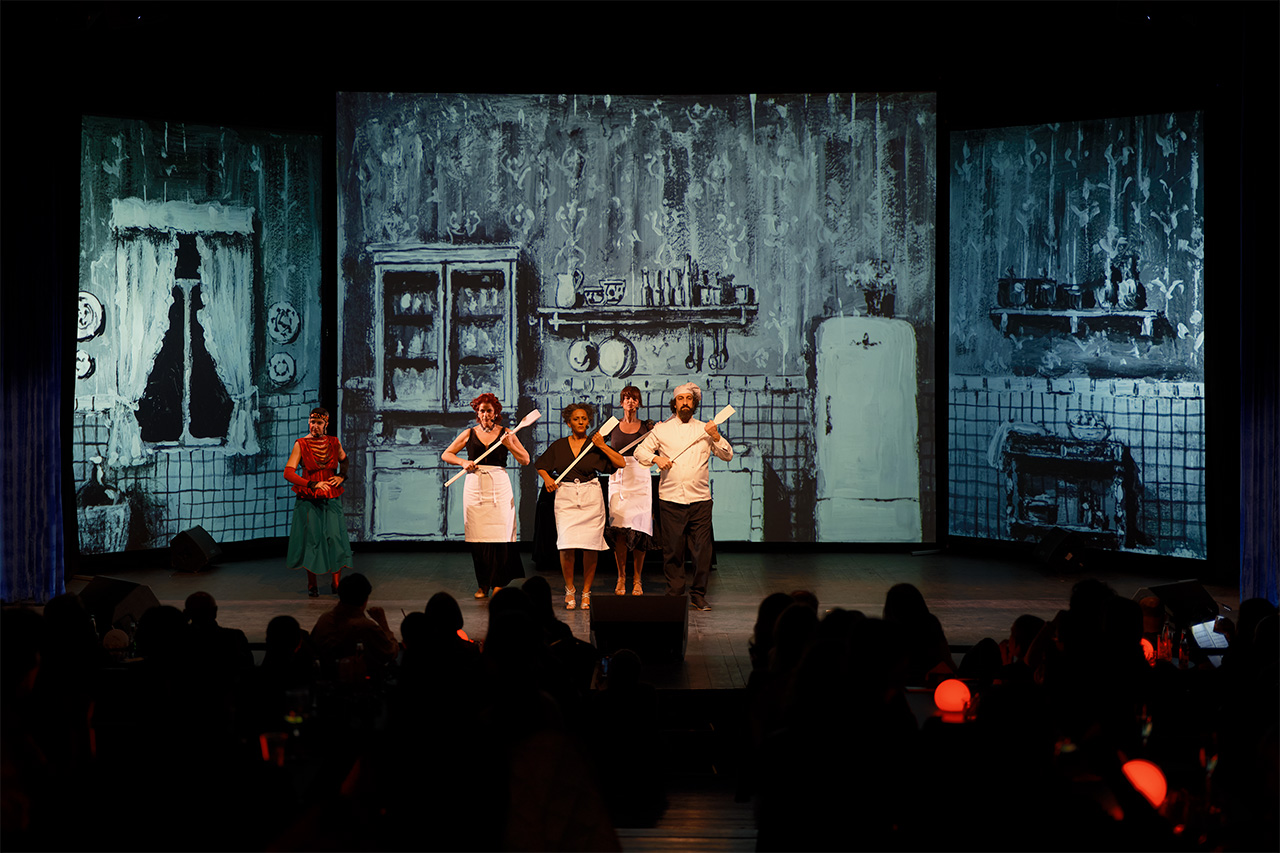
In the spotlight: Al-Souq al-Oumoumi at Metro al-Madina
The flat is a short walk away from the Metro al-Madina theatre, which Jaber co-founded. He is well known for his on-stage persona: cabaret emcee Roberto Kobrolsi, notable for his mop of black curls, spectacles and fondness for silver lamé. Since 2002, Jaber has written and directed more than a dozen plays, musicals, stand-up comedy routines and cabarets that have been staged around Lebanon and the wider region. While Jaber is invested in recent history, the performances that he has staged tend to favour the light-hearted and sardonic over the tragic. And when asked why he became an entertainer, it’s a simple answer. “I like people to be happy,” he says.
To read the full article, click here.
|
|
urbanism: argentina
Región Austral leads initiative to create colourful third spaces in Buenos Aires
The neighbourhood of Playón de Chacarita in Buenos Aires has recently been given a facelift at the behest of its residents (writes Julia Lasica). Argentinian design firm Región Austral worked with the community to identify quick urbanism fixes as part of an initiative called Playón Red. “Urban design must always respond to the needs and aspirations of residents,” says Soledad Patiño, co-founder of Región Austral. “They hold invaluable knowledge about their territory, providing insights that external professionals could never fully grasp.”
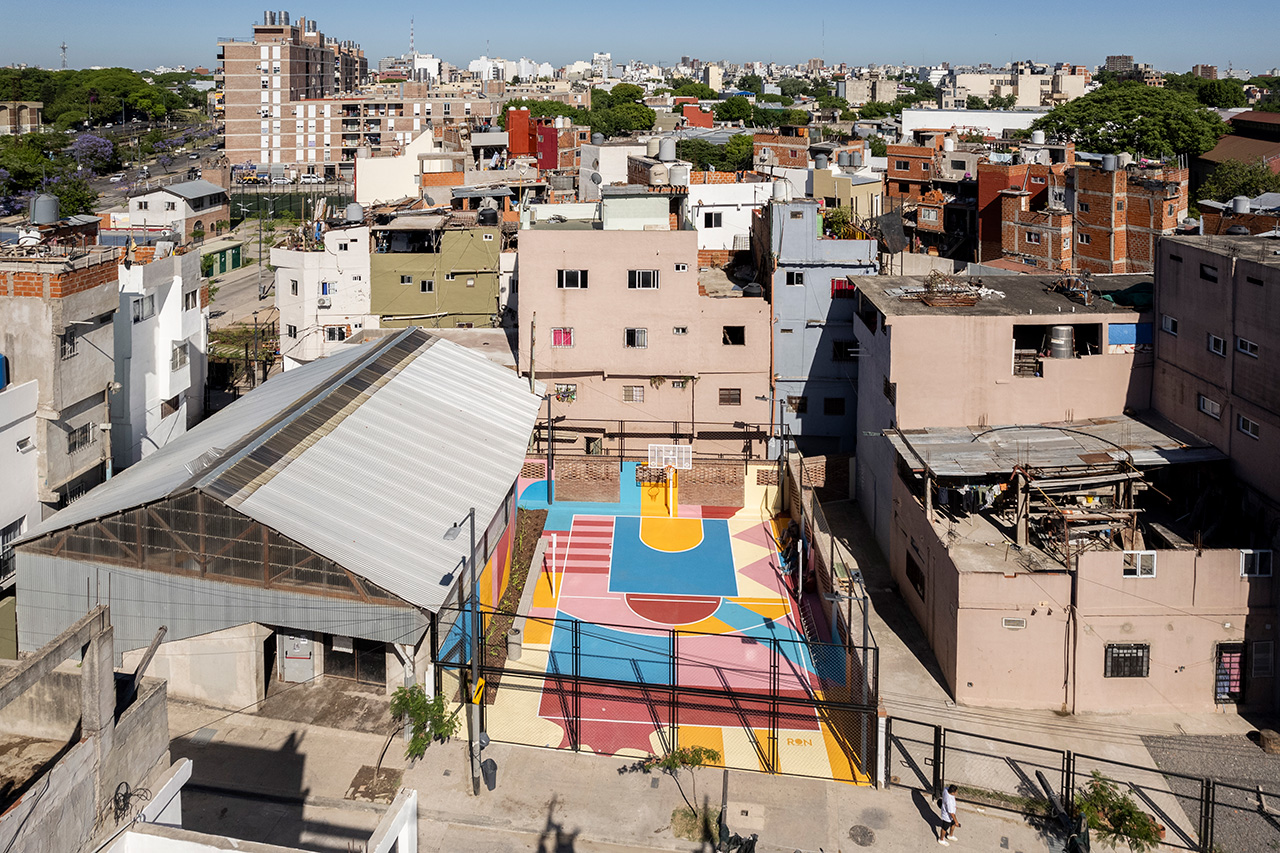
Local colour: Playón de Chacarita, Buenos Aires
In Playón de Chacarita, those insights included the need to address environmental concerns, increase security and provide more space for sport and cultural activities. To do this, the studio identified appropriate sites to create a passage-like courtyard between homes, a pocket park that doubles as a sports court and a rain garden to offset flooding. “In many of our projects we have used vibrant hues to reinforce local identity and create visual landmarks,” says Región Austral co-founder Stefano Romagnoli. “Colour goes beyond aesthetics; it fosters a sense of belonging.”
|
|
Q&A: Izak Senbahar
The hotelier behind The Mark on good hospitality, US tourism and the Met Gala
The Mark Hotel is a New York institution. It is often thrown into the limelight due to its proximity to the Met Gala, which takes place tonight. In partnership with Jean-Georges and Caviar Kaspia, the hotel recently opened an outdoor clam bar. Drop by for a lobster roll, oysters or a kaspia martini. Here we catch up with The Mark Hotel’s owner, Izak Senbahar.
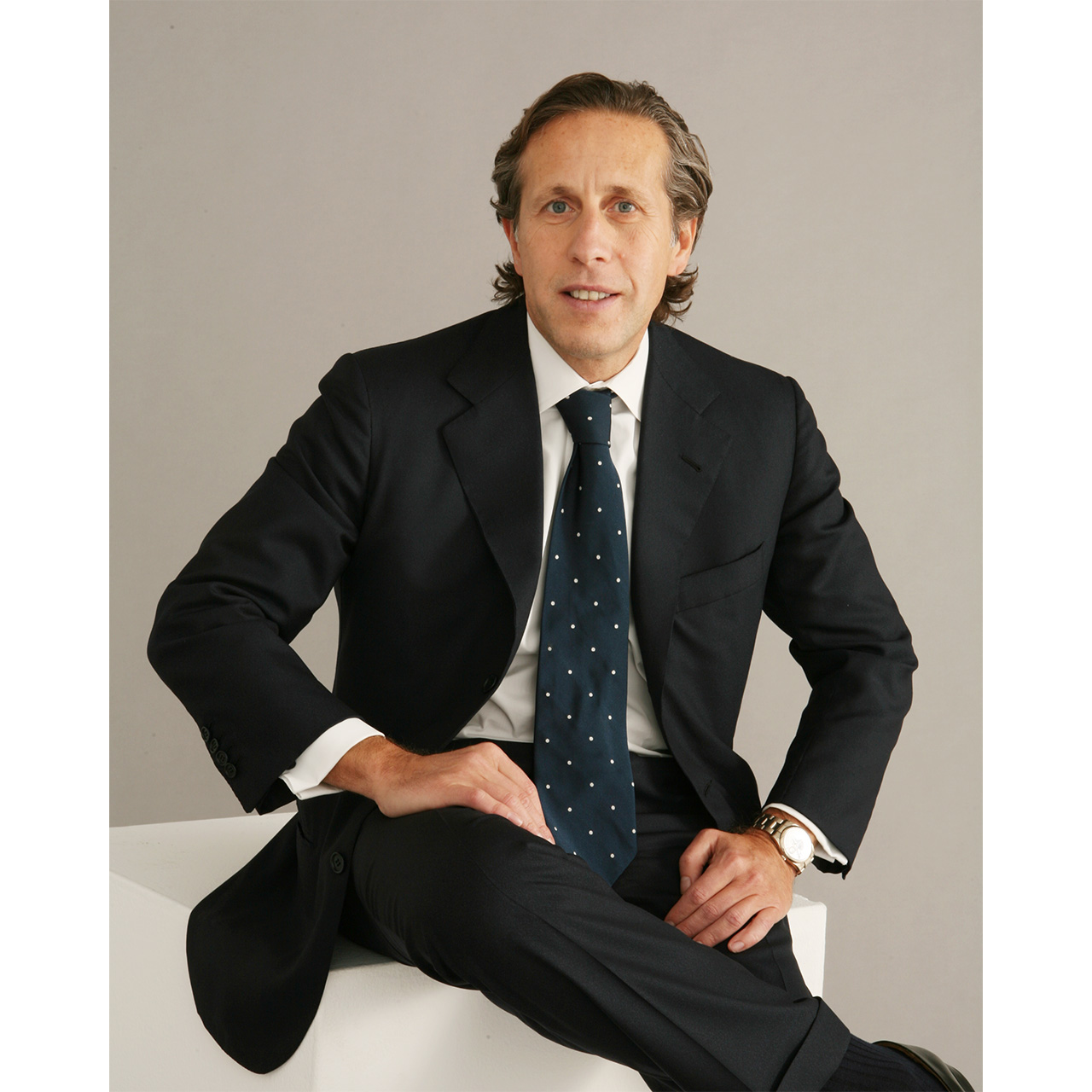
What makes a good hotel?
There is a fine line between luxury and over the top. You have to strike a balance between the two. Not everything should be gold, for example. We chose to have a hot-dog stand outside the hotel’s entrance – something fun and classic that contrasts with our exterior.
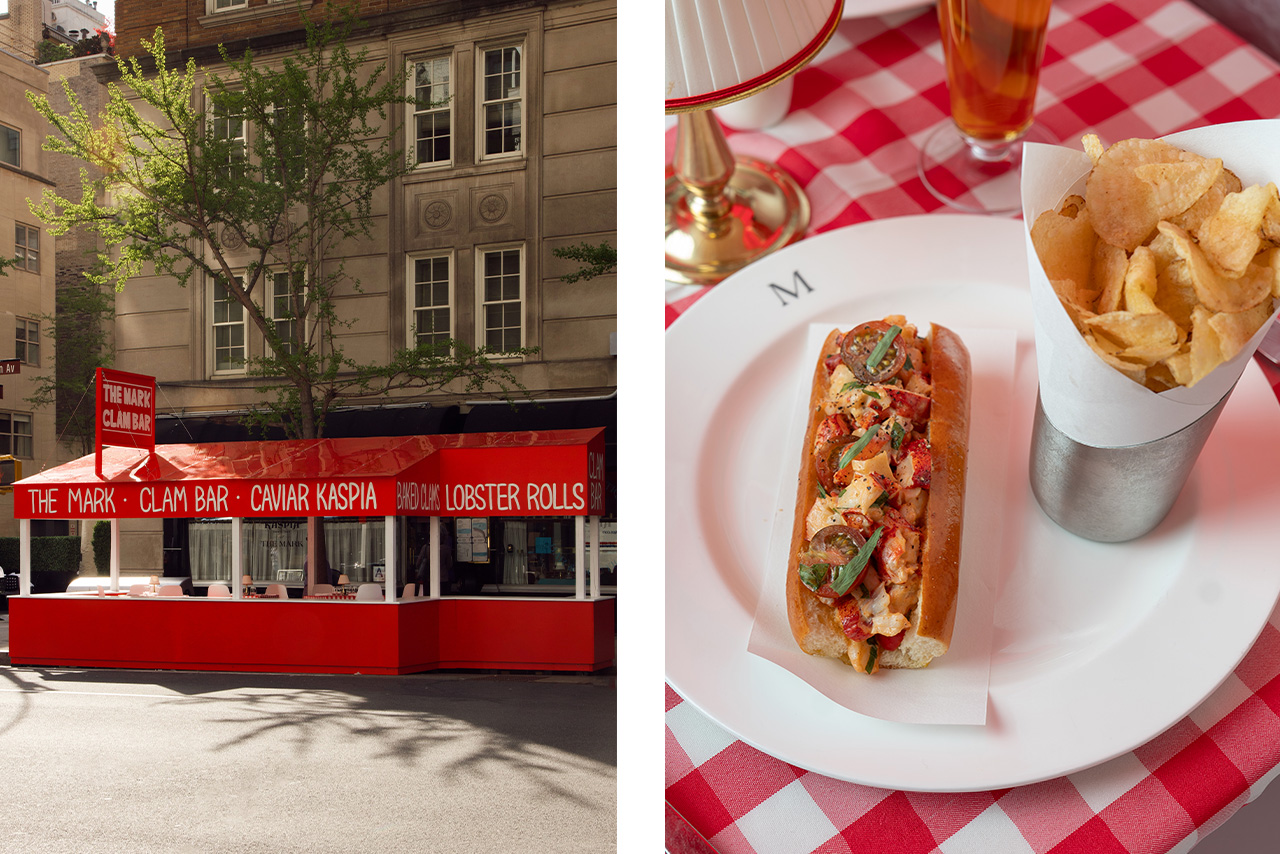
Standing out: The clam bar at The Mark Hotel
The Met Gala is happening just around the corner from your property. What’s The Mark Hotel’s relationship with the event?
We are the closest hotel to the Met Gala and we cater well to its needs. Many of the attendees have elaborate outfits that don’t tend to travel well, so we help to organise and ferry these departures to and from the event. It can be a challenge. You have about 50 to 60 stars all going to the same place at the same time. The good news is that the after-party is usually in our hotel and that’s always a lot of fun.
Tourism in the US is down. How does that affect a hotel like The Mark?
Our clientele is typically from Los Angeles or Hollywood; fashion folks who need to be in the city regularly. The effect on us has been minimal but there is, of course, an effect on the industry overall. It’s not a good thing. There is no reason for the US to offend the rest of the world. New York is a very attractive city but we can’t rest on our laurels and assume that people will come here anyway. I hope that things will change. I wouldn’t want to live anywhere else.
You can listen to the full interview with Izak Senbahar in the latest episode of ‘The Monocle Weekly’.
|
|
Monocle Radio: THE STACK
‘The Aficionados’, ‘Catnip’, ‘Condé Nast Traveler’ and Najwa Shihab
We speak with Iain Ainsworth, founder of The Aficionados. Plus: Anja Charbonneau on her cat magazine Catnip, Condé Nast Traveler annual Hot List and an interview with Indonesian news anchor Najwa Shihab.
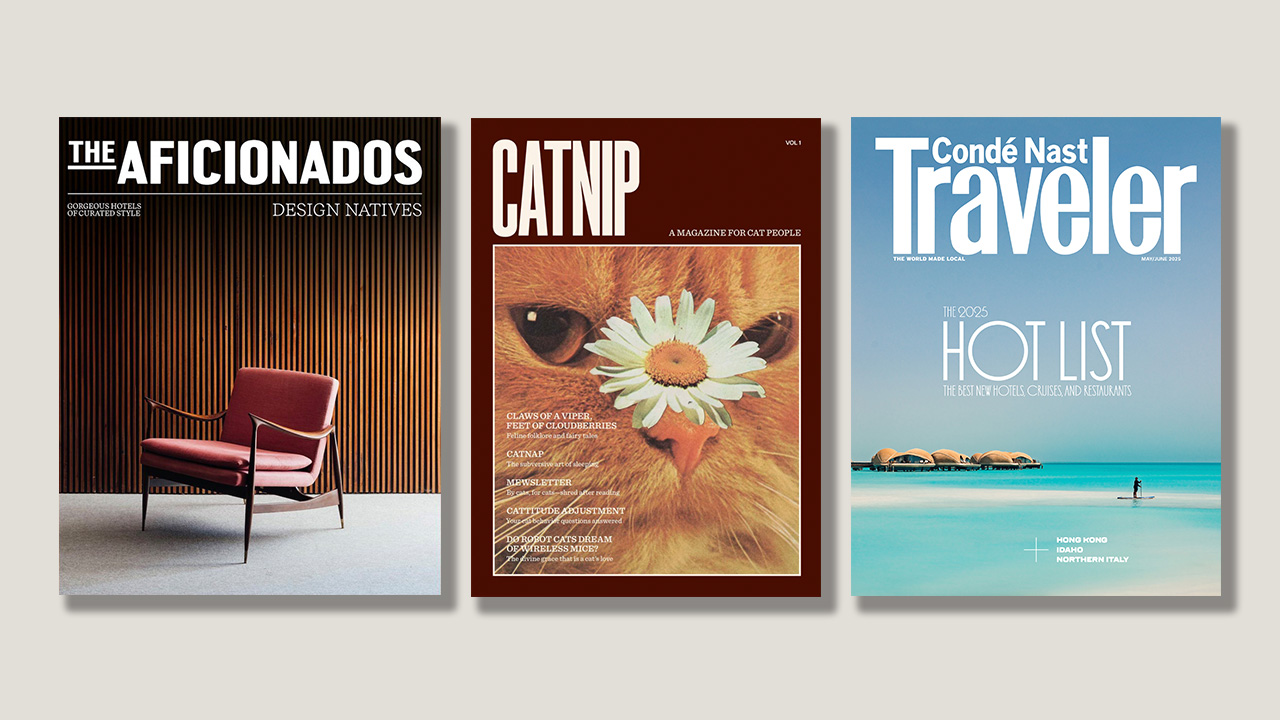
|
|
< | | |